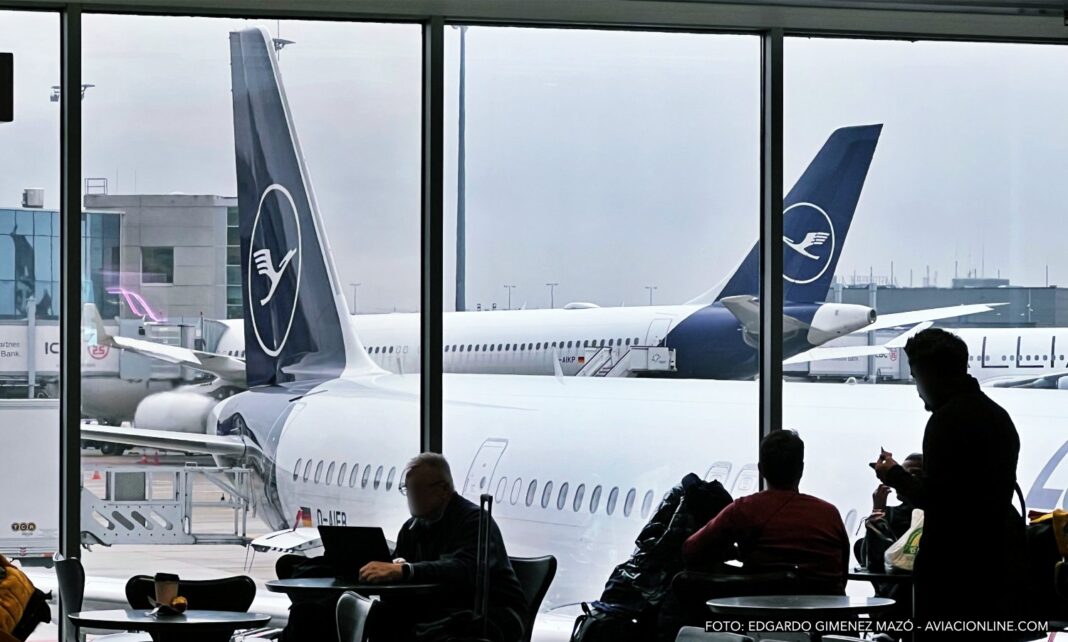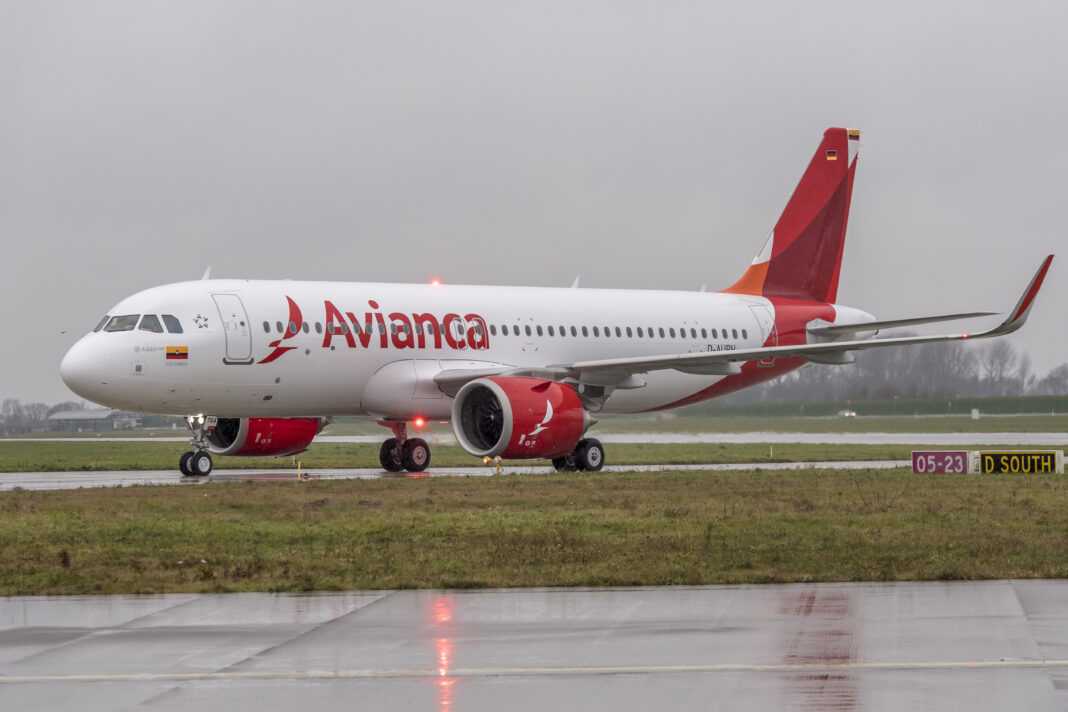A strike in the public transport sector that began today is affecting flights at most airports in Germany. The action is part of demands for wage increases amid rising inflation and energy prices.
The 24-hour strike, one of the largest ones in decades, also affects rail services, public land transport, waterways and roads. As a result, mobility is significantly reduced in large parts of Germany and millions of commuters have already been affected.
See also: Mass protests in Israel cause delays and cancellations at Tel Aviv airport
Transport strike and mass cancellation of flights across Germany
The protest by unionised workers forced the suspension of most of today’s scheduled flights and particularly affected activity at Frankfurt am Main (FRA) and Munich (MUC), the country’s two busiest airports.
The Ver.di union, which represents some 2.5 million public sector employees, including transport and airport workers, extended the measure to all airports in Germany, with the exception of Berlin-Brandenburg (BER). However, as a result of the general situation, delays and cancellations are also being recorded at the capital’s airport.
According to sources rom the airport operator Aena quoted by the EFE news agency, at 2 p.m. on Monday 101 of the 191 flights scheduled between Germany and Spain were cancelled.
Union demands
According to Reuters, all sides staked out their respective positions in the hours before the strike began. While union representatives warned that wage increases were a «matter of survival», company managers and officials called the demands and protests «completely excessive».
The demands are aimed at compensating for the effects of rising inflation in Germany, which reached 8.7% year-on-year in February. A similar situation is being experienced in other major European economies, which are particularly affected by the consequences of the war in Ukraine.
Ver.di is calling for a wage increase of 10.5%, which would mean an increase of at least 500 euros a month. For its part, the rail and transport workers’ union EVG is demanding a 12% increase for some 230.000 employees of the rail operator Deutsche Bahn and bus companies.
Through these actions, the unions are seeking to increase pressure ahead of a new series of negotiations with the government that began today. In the event that no progress is made on agreements between the two sides, it is possible that the unions will call for further such action.
See also: Workers’ strike paralyses operations at seven German airports







